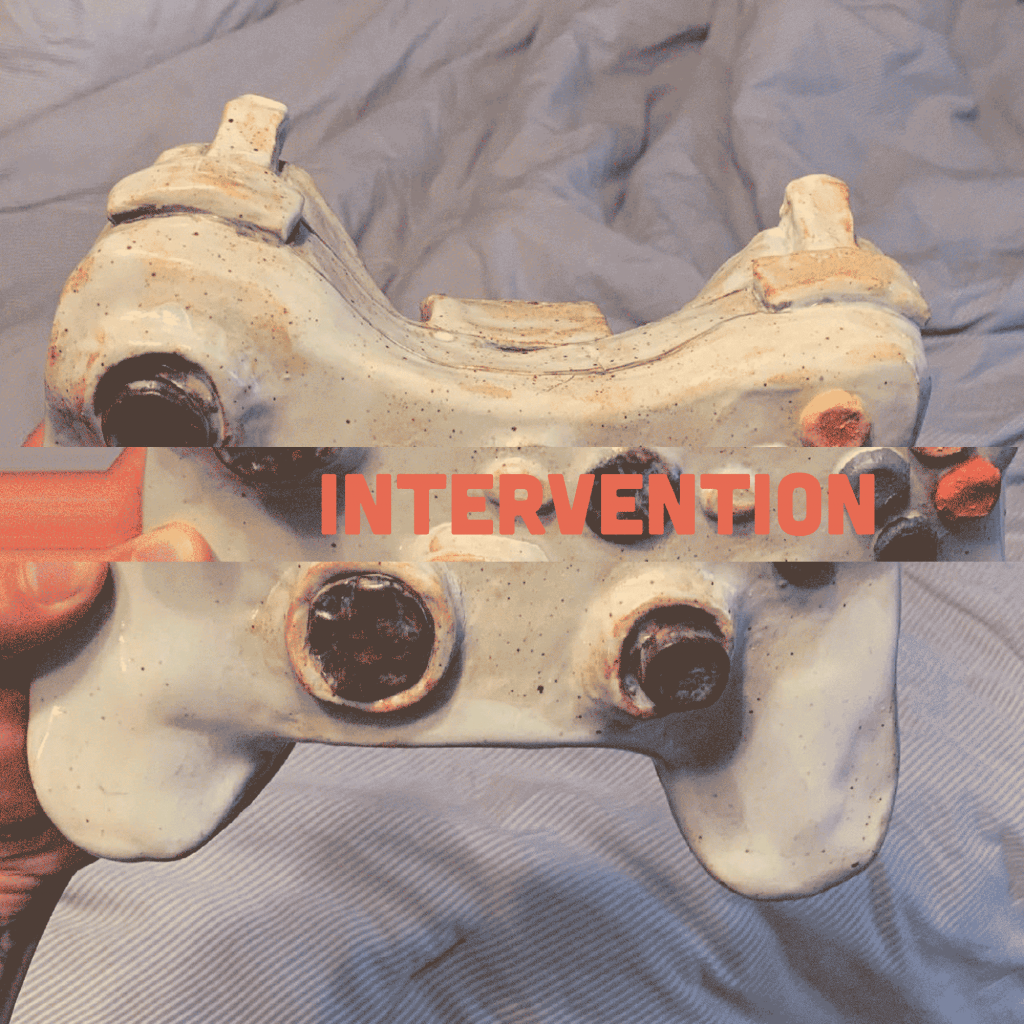Over the course of the last two years I have migrated the Fine Art Computational Arts (FACA) technical online resources from Moodle to Microsoft SharePoint in order to create a more holistic communications, learning and services system for the FACA course.
This was a huge undertaking that required me to build a new digital identity for FACA technical resources alongside on-boarding, learning, technical guides and resource booking systems.
Intervention Plan.
My Intervention Plan Proposal is to expand and improve online FACA Technical Resources, by creating a local inclusivity model for technical delivery.
Here are some initial observations from the course that might help me to build this model:
- I have considered (and ordered) some accessible input devices for our computer rooms, however we do not have enough and need to ensure that we ring-fence part our limited technical budget to ensure that these devices are kept up to date and fully researched.
- Students with diverse needs may suffer from technological fatigue.
- The politicisation and toxic masculinity surrounding certain types of technology may contribute to technological fatigue and create resistance (or perhaps luddism) towards certain technologies and subjects.
- Workshops sometimes clash with prayer times and students need to leave sessions part way through.
- International students struggle to keep up with complex subjects if English is not their first language.
- Many students have not been exposed to critical thinking around technological subjects. This can sometime challenge faith or regional/cultural beliefs.
Intervention Strategies.
The FACA Technical Inclusivity Model will consist of the following strategies:
Staff Strategy: I intend to create a resource for staff to access information on the FACA Technical Inclusivity Model. This resource will contain information on some of the following inclusivity policies:
- Ensuring that all staff are aware of the universities policies on inclusivity and are trained in how this applies to our particular field.
- Ensuring that technical staff understand the needs of the current cohort.
- Working with the admin team to ensure that staff have access to up to date images and names of students at the beginning of each term so that they can learn their names, identify them clearly and their needs more efficiently.
- Ensuring that staff have an academic (pastoral care) contact for each student.
- Creating a guide for teaching technical subjects that emphasises inclusivity and intersectional readings of complex subjects such as Ai, Videogames Technology, Social Media Platforms, Data Modelling, digital ethics and more.
- Creating a guide for staff on updating the FACA resources using the inclusivity model.
Student Strategy: The Student strategy will involve improving existing resources by applying the new framework.
- Updating the technical resource guides to include the following:
- Accessible equipment guides.
- Inclusive imagery and design principles.
- Ensuring inclusive design markup and captions are all in place.
- Expanding the resource guides to include subjects such as ‘why game dev tools can be used in Fine Art practice’ in order to demystify some of the technical pedagogical choices on the course.
- Ensure that students have access to a clear system for giving staff feedback.
- Developing a system for recording and documenting workshops.
- Developing a system for live streaming workshops with a mind to create online accessibility to the course.
Conclusion.
It is my hope that in creating a FACA Technical Inclusivity Model our online resources will not only further support students and staff but also contribute towards attracting a more diverse student body to the future of the course.


Leave a Reply